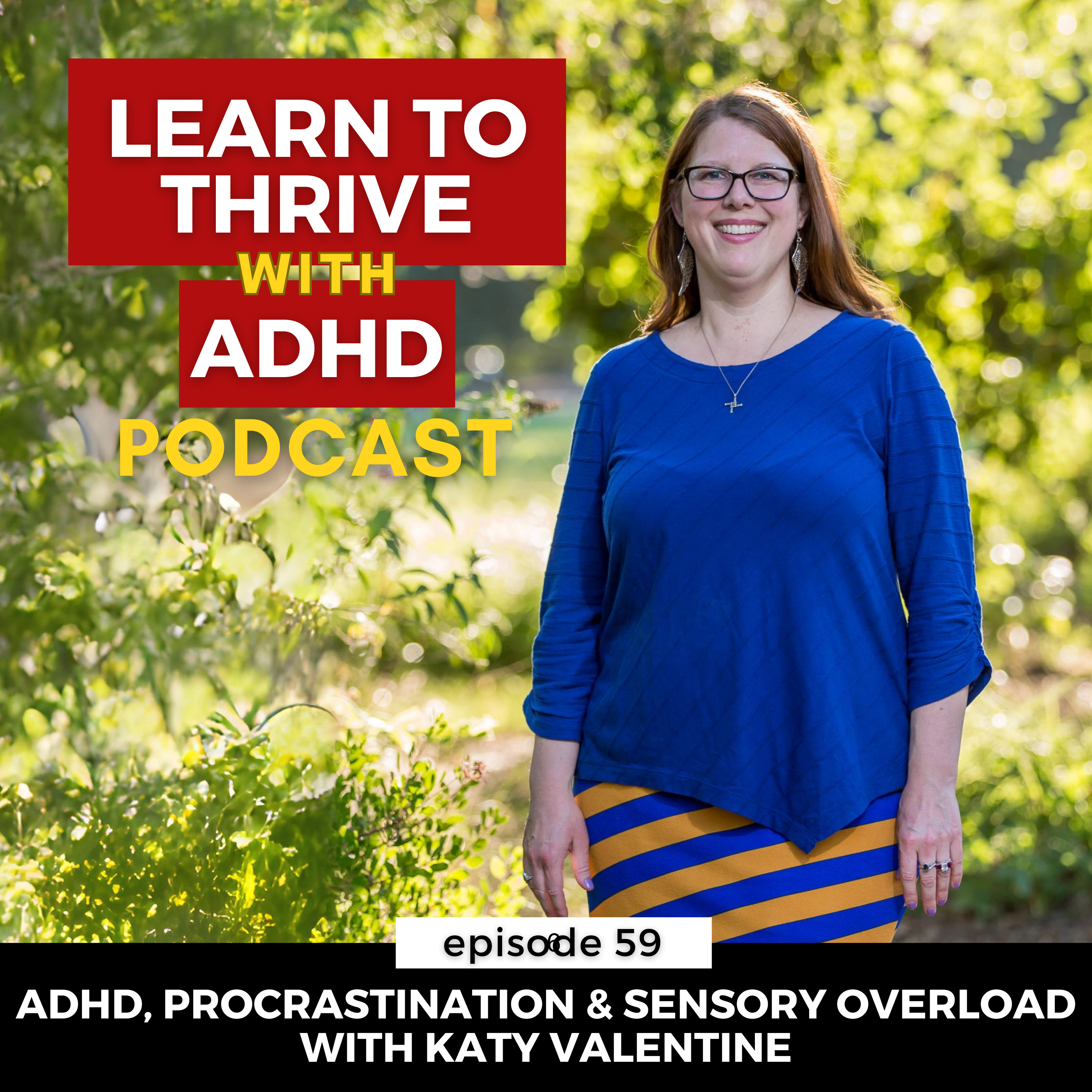Discover the fascinating intersection of ADHD and shamanic healing in this insightful episode featuring Katy Valentine, a spiritual strategist and coach. Katy shares her personal journey of recognizing her ADHD tendencies later in life, and how this realization has shaped her work in helping leaders and entrepreneurs achieve personal and spiritual growth.
In this conversation, Katy and Mande dive into key ADHD-related challenges, including sensory overload, procrastination, and time management struggles. They discuss practical strategies such as ADHD-friendly planners and overcoming procrastination, offering tools to boost productivity.
Katy also introduces the concept of shamanic healing, including soul retrieval, and its impact on emotional, spiritual, and physical healing. The discussion covers how these practices can be integrated into personal growth, entrepreneurship, and professional development.
What you’ll learn:
– How ADHD manifests in adults, particularly professionals and entrepreneurs
– Strategies for managing sensory overload and time management with ADHD
– The benefits of ADHD-friendly planners and time management tools
– An introduction to shamanic healing and how it supports personal growth
– The concept of soul retrieval and its role in emotional and spiritual healing
– How to integrate shamanic practices into entrepreneurship for growth and success
– The importance of self-awareness and personal healing for business growth
ADHD, Procrastination & Sensory Overload:
In this episode, Katy Valentine dives deep into how ADHD affects procrastination and sensory overload, and she offers valuable strategies to manage these challenges. For entrepreneurs with ADHD, Katy highlights how shamanic healing can play a crucial role in overcoming personal barriers and achieving success. She stresses the importance of addressing emotional and spiritual well-being to unlock professional growth.
“It’s really bad to know that you can write a 20-page paper in a day. No one needs to know that about themselves. But once you do, it’s easy to replicate — except when you can’t.” – Katy Valentine
Katy and Mande also explore the balance between logical thinking and creativity, and how embracing neurodiversity can be an asset in both academic and spiritual pursuits.
Useful Links:
- Learn more about private coaching with Mande: https://learntothrivewithadhd.com/services/
- Free Resources: https://learntothrivewithadhd.com/freeresources/
- Website: https://www.learntothrivewithadhd.com/
- LinkTree: https://linktr.ee/learntothrivewithadhd
- Instagram: https://www.instagram.com/learntothrivewithadhd/
- Facebook: https://www.facebook.com/learntothrivewithadhd/
- Learn more about Katy’s coaching services: https://www.soulforgecoaching.org/
- Download Katy’s freebie: “One Many Pathways One Journey”
- Follow Katy on Instagram: @revdrkaty
- ADHD-friendly planner mentioned: *”I’m Busy Being Awesome”* by Paula Engebretsen
Whether you’re curious about shamanic healing, looking for ways to manage ADHD symptoms, or seeking to integrate spirituality into your professional life, this episode offers valuable insights and practical advice.
Share your thoughts on how spirituality and ADHD management intersect in your life—we’d love to hear from you!
#ADHDEntrepreneurship #ShamanicHealing #SpiritualGrowth #ADHDManagement #Neurodiversity #PersonalDevelopment #EntrepreneurialSuccess #ADHDStrategies #MindfulnessForADHD #SpiritualEntrepreneurship
Listen to the episode:
<div id="buzzsprout-player-15879451"></div><script src="https://www.buzzsprout.com/1954263/episodes/15879451-ep-59-adhd-procrastination-sensory-overload-with-katy-valentine.js?container_id=buzzsprout-player-15879451&player=small" type="text/javascript" charset="utf-8"></script>




